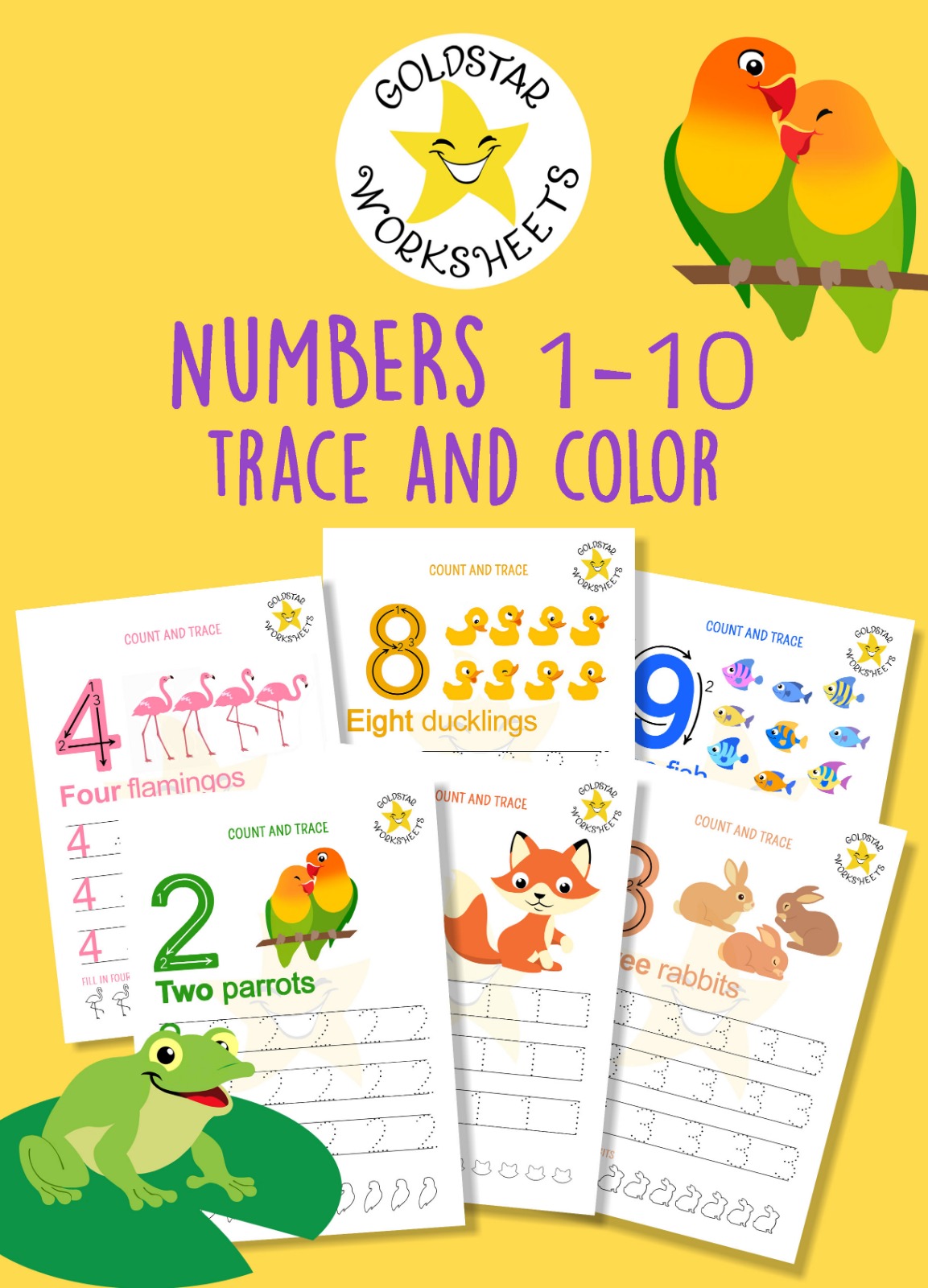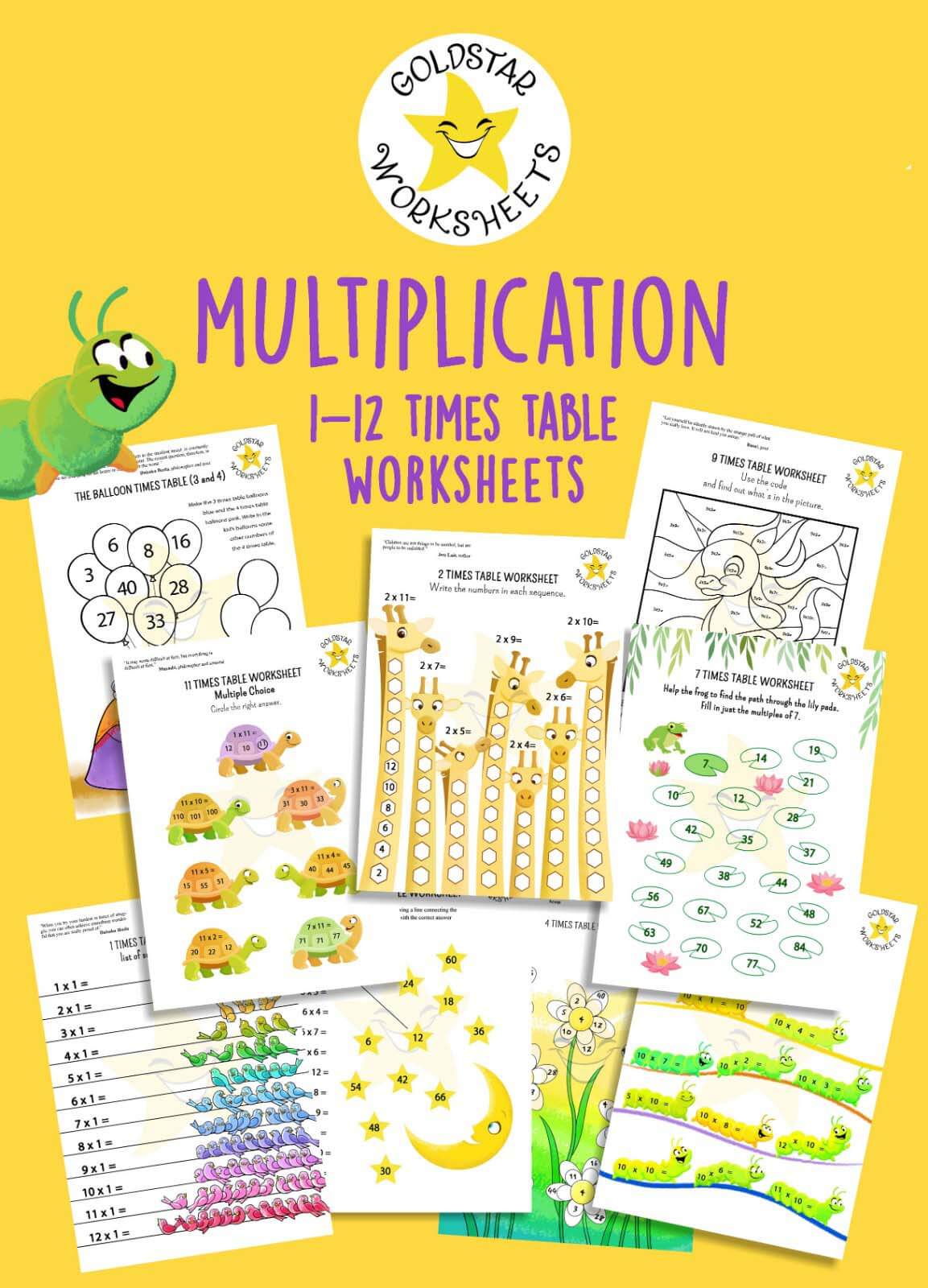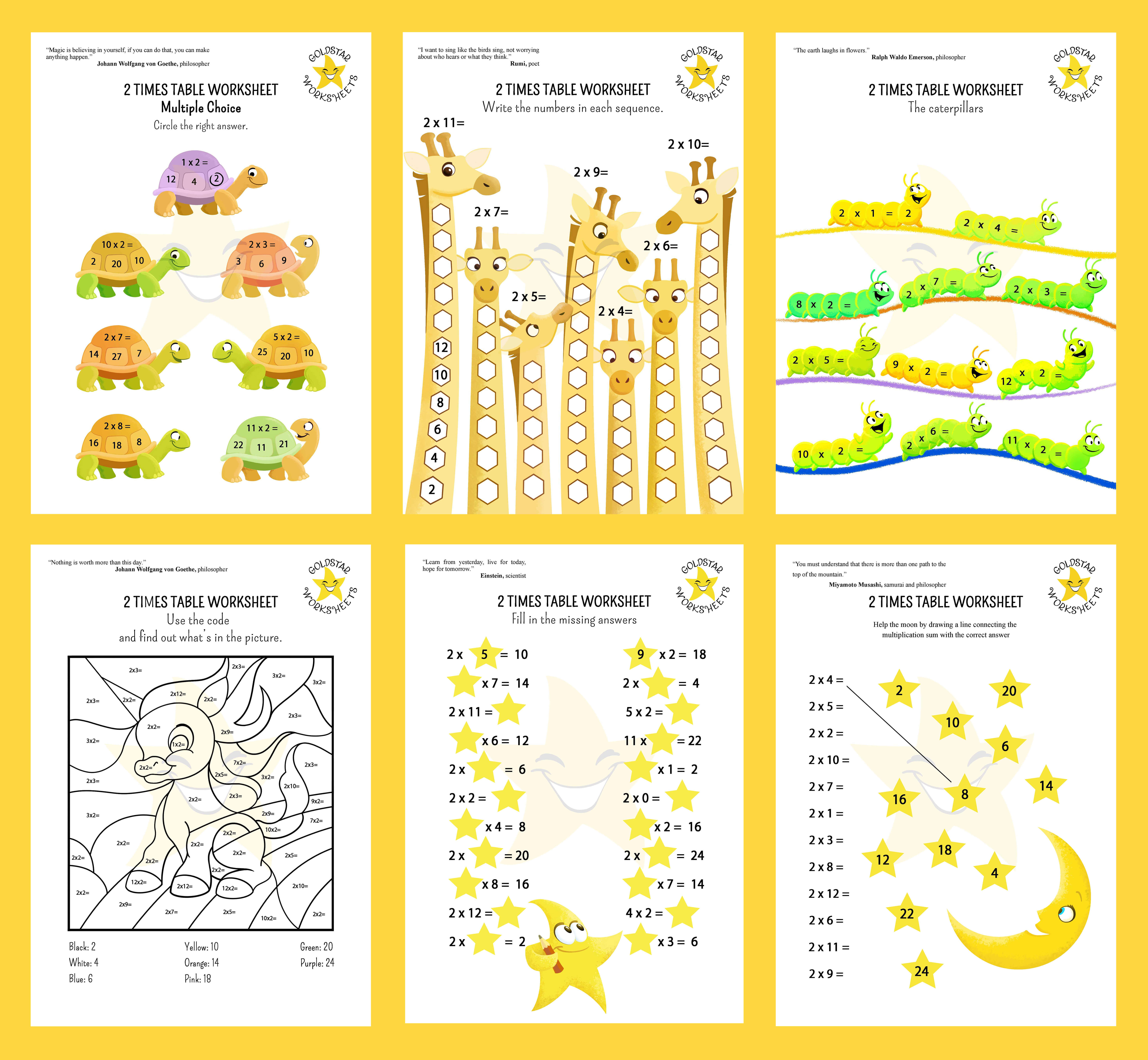Number 7 Worksheet - Handwriting and Counting Exercises
Introduce the number 7 to your little ones with this beautiful butterfly worksheet
This number 7 worksheet combines a number of activities all intended to introduce and familiarise students with the number seven. This free worksheet is for those relatively new to numbers, typically those in preschool, pre-k or kindergarten. Can they count the butterflies? Write the numbers? What colors will they use in the coloring activity?
We hope to make learning about this magical number more entertaining and thought-provoking for your child whose imagination and curiosity is waiting to be nudged into being again and again.
As well as giving your kids lots of great and varied practice, this number 7 worksheet could be great to give to parents if you're a teacher wanting to show an example of what's being done in your preschool lessons.
All our worksheets are designed by a children's illustrator and a teacher...they're all free because we're committed to closing the unfair gaps in children's education.
Supporting number 7 learning
As teachers and parents we naturally want our children to succeed... to do well... to grasp things quickly. How can we help this happen? Well, there is an amazing experiment about learning I'd like to share with you.
In this study, 2 groups of children were given a puzzle to do. It was a little bit challenging but easy enough for all to complete it. One group were told "well done, you're so smart" and the other group were told "well done, great effort"
The experimenters then offered a more difficult puzzle to both groups. The group where intelligence was praised were far less likely to try the harder puzzle. They preferred to do the easier puzzle again. The theory goes that they want to be seen as "smart" again because that feels good, so they need to complete it to get that praise, so they do the easy one. The other group where effort is praised mostly choose the more challenging puzzle.
Also, when both groups are given the more difficult puzzle the effort-praised group try for longer, and report expressing more enjoyment in the challenge even when they can't complete it. I find this amazing! And multiple studies have replicated similar findings with different age groups and in different types of tasks.
So, if you want to help your kids do well in numbers learning, remember to try and praise things like effort and persistence and interest... things they can easily repeat (it's not easy to repeat being "smart" or "my little genius") so they learn more and yearn for a challenge!
Other ways you might introduce the number 7
When the goal is recognising the number 7 I'm sure you can think of many approaches. One I like, if there is a camera phone or camera available, is asking your child to find and take seven different photos using a camera phone of the number 7. You could make it more exciting by setting a target time or making it a competition. Maybe even giving prizes based on the number. It could be an interesting challenge... Is there a clock in the house? What's todays date? What's on channel 7 on the TV? What time is it? What about in the books or the newspaper? Seeing 7 in multiple locations could spark curiosity and interest in learning more.
and how about counting to 7? One classic and also good way is with a song or nursery rhyme. Songs are catchy and make it easier to remember.
I think kids thrive with a challenge. Can they name 7 countries in a minute? 7 meals? 7 types of cereal? 7 fruits? 7 brands of chocolate bar or crisps? 7 drinks? As they name them you can both count using your fingers. You can adjust the time and add prizes to add to the excitement. Or you add even more tension with this 1 minute mission impossible timer?
Do you have any original approaches that went really well with your kids? We'd love to hear about them in the comments below.








New! Comments
Have your say about what you just read! Leave me a comment in the box below.